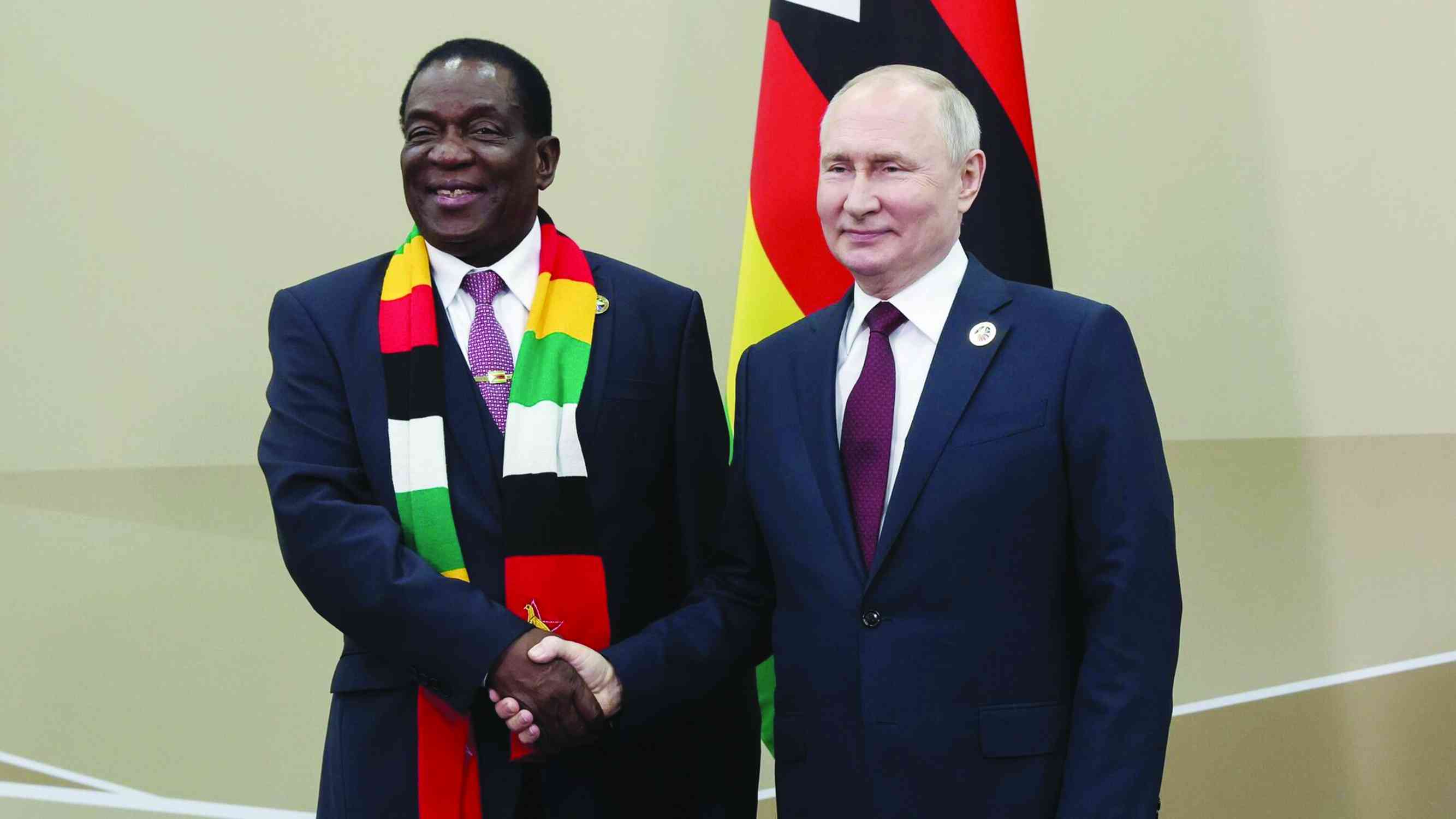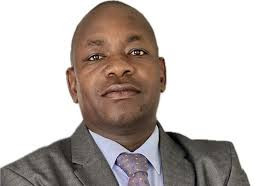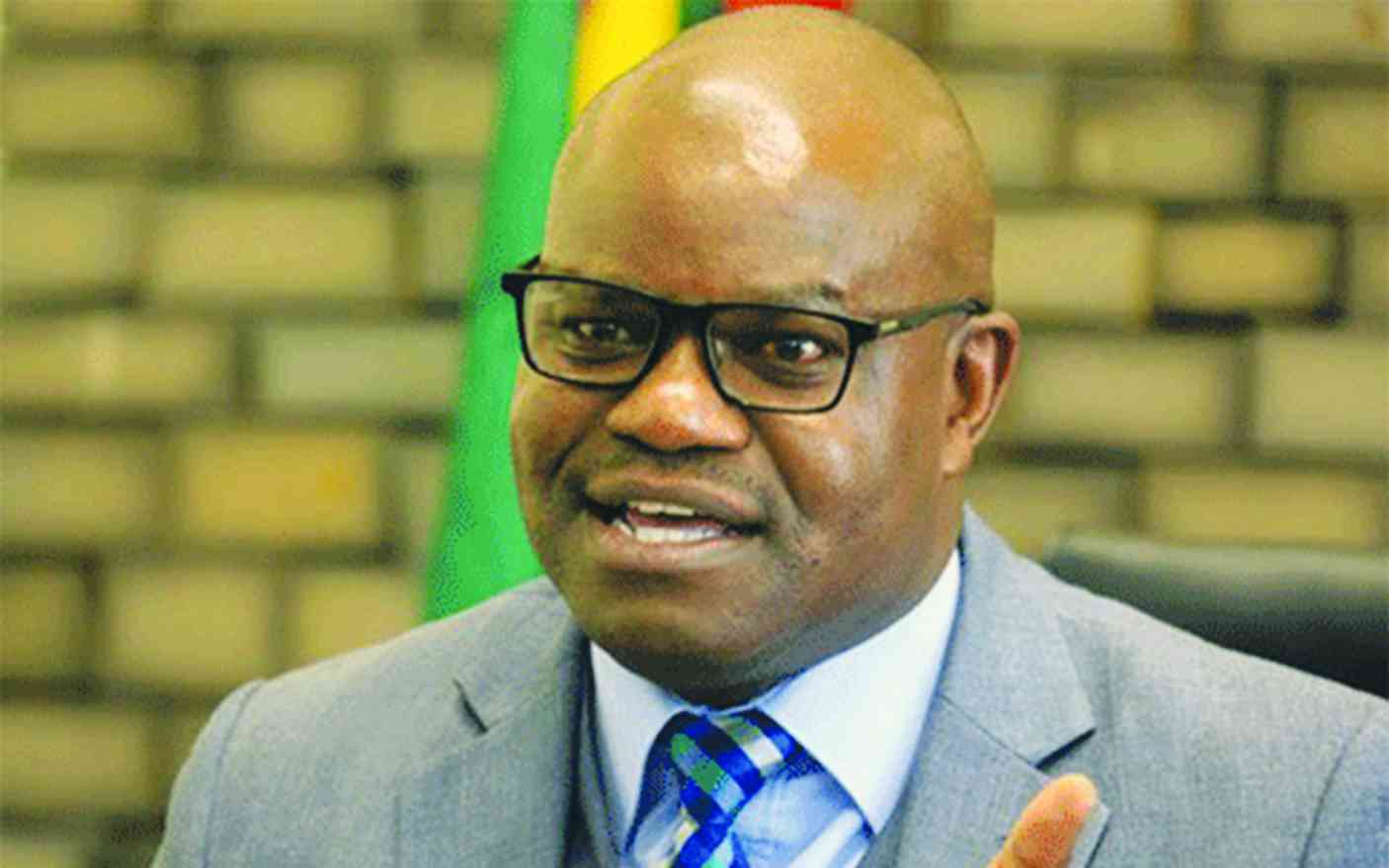
Most African governments are increasingly using state security apparatus to monitor citizens, consolidate power and suppress dissent, severely limiting fundamental freedoms, according to a human rights organisation.
Intelwatch, in its first monthly edition published in May, titled: The Watcher, lifts the lid on “the shadowy practices of state and private intelligence agencies” on a continent where authoritarian regimes are rolling back fundamental freedoms and constricting the democratic space. It named Zimbabwe among several regional countries turning to their security apparatus to snoop on citizens.
Intelwatch contends that Russia, which is negotiating a peace deal with Ukraine after a three-year war, has been equipping African countries with surveillance and military capabilities in ways that have violated human rights.
Excerpts from its newsletter read: “Russia provides a variety of forms of security assistance to African countries, formally, via military agreements and arms sales, and informally by using private military companies to bolster regimes’ security. The distinction between the two is often unclear.
“For all Russia’s talk of enhancing stability and supporting decolonisation, what it actually does is support regimes to exert their power, often with grave violations of human rights.”
President Emmerson Mnangagwa was among leaders who travelled to Russia this month to commemorate the 80th anniversary of the Victory Day. The commemorations, which were also attended by China’s leader Xi Jinping, mark Russia’s defeat of Nazi Germany during the Second World War.
Referencing a book titled: Digital Surveillance in Southern Africa by Allen Munoriyarwa and Admire Mare, Intelwatch observes that countries in the region, including Zimbabwe, had embraced an array of technologies to snoop on their citizens.
“This book by Allen Munoriyarwa — a board member of Intelwatch — and Admire Mare critically examines the manifest and latent practices of surveillance in the southern African region, using case studies from South Africa, Zimbabwe, Zambia, Namibia, Botswana, and Mozambique.
- The brains behind Matavire’s immortalisation
- Red Cross work remembered
- All set for inaugural job fair
- Community trailblazers: Dr Guramatunhu: A hard-driving achiever yearning for better Zim
Keep Reading
“The book demonstrates the growing role of superpowers in the construction and normalisation of the surveillance state,” extracts from the newsletter read.
“It traces the digitisation of surveillance practices to the rapid adoption of smart CCTV, facial recognition technologies, and EMSI catchers. Through predictive policing mechanisms, state security agencies have appropriated digital media technologies for sentiment analysis, constant monitoring of digital footprints of security targets, and even deploying cyber-troops on popular social media platforms.”
As a result of the surveillance mechanisms, the newsletter further reads, governments in the region were violating citizens’ right to privacy.
“The authors argue that surveillance practices have thus been digitised with deleterious impact on the right to privacy, peaceful assembly, and freedom of expression in the region.
“Furthermore, they argue that specific laws and regulations governing surveillance practices in the region are lagging behind. Finally, the book demonstrates how digital surveillance has significantly infiltrated the political, economic, and social fabric of Southern Africa,” Intelwatch contends in its newsletter.
According to the newsletter, deepfakes pose a huge threat to South Africa, potentially causing political upheaval, financial fraud, and reputational damage, particularly as local government elections approach.
Deepfakes are fake images, videos, or audio created or manipulated using artificial intelligence (AI) to mimic someone else’s voice or appearance. They can be used for malicious purposes such as spreading misinformation, influencing public opinion, or even causing reputational damage.
“Accenture Africa’s security lead, Boland Lithebe, warns that manipulated videos and audio created using AI could spread misinformation, erode trust in institutions, and be used to discredit political figures or trigger financial panic.
“He suggests using AI-powered verification tools, public education campaigns, regulatory reforms, and increased social media platform responsibility to mitigate the impact of deepfakes, emphasising the need to prepare defences before a major deepfake crisis occurs.”
In light of the proliferation of repression and threats against media practitioners in Africa, Intelwatch also indicated that it had hosted a training programme that equipped journalists with critical skills required to navigate such a hostile environment.
The organisation further said: “The training was designed to equip these frontline journalists and media practitioners with essential skills and knowledge to carry out their work safely and effectively under threat.
“With the support of leading experts, participants received extensive training on cybersecurity essentials for journalists, how to conduct investigations safely, First Aid protocols, how to respond to cyber threats targeting journalists, digital security protocols, preventative physical safety measures, legal recourse strategies, and gender harassment mitigation.”











